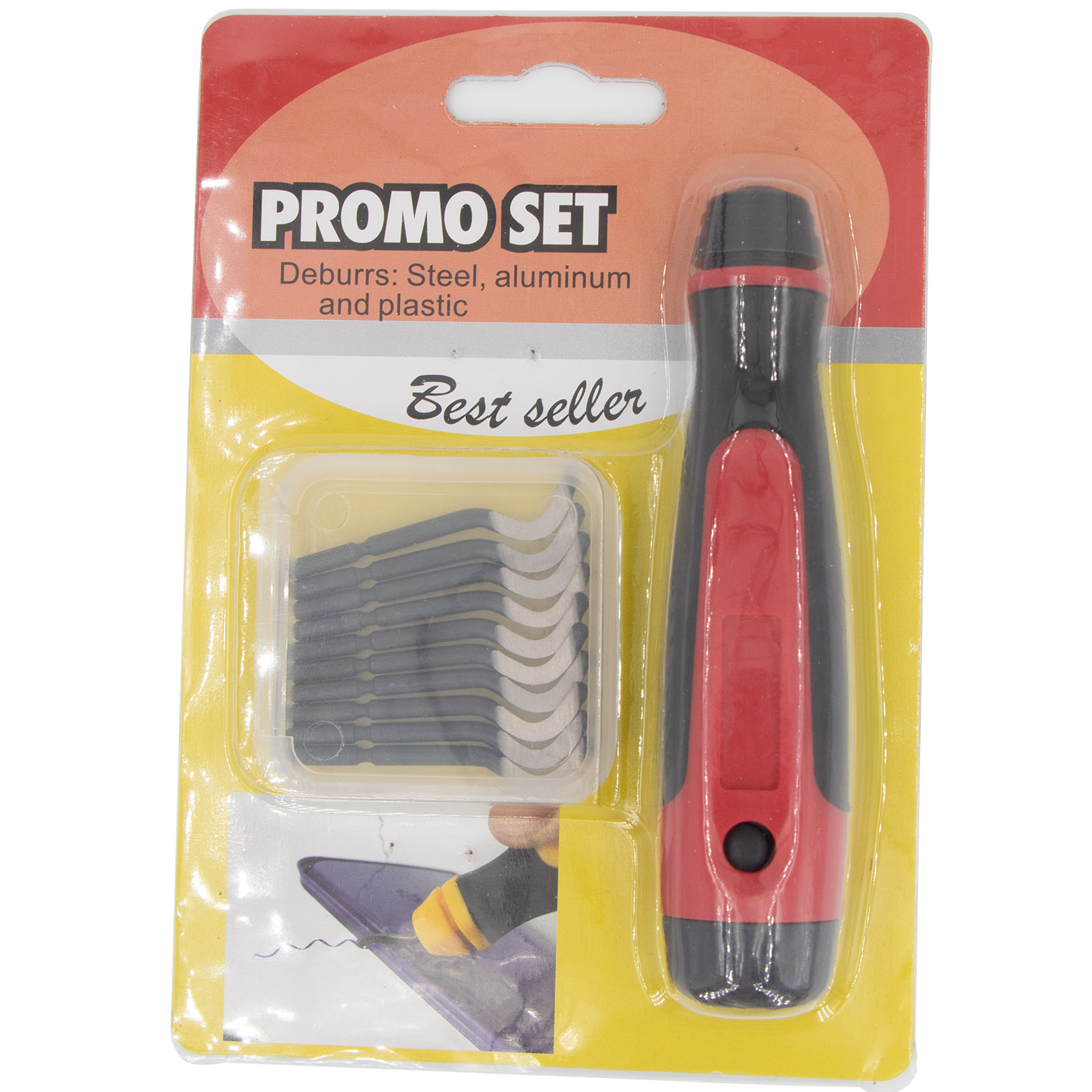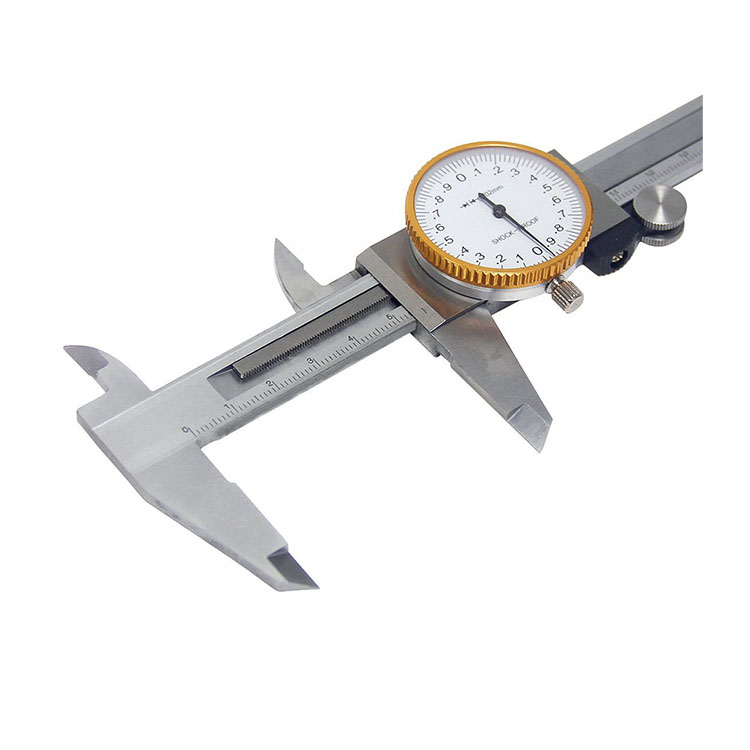milling collet chuck Manufacturers
Milling collet chuck manufacturers are essential suppliers to the machining industry, providing crucial workholding devices that ensure precision and efficiency in milling operations. Choosing the right manufacturer involves evaluating factors like product quality, range, customization options, and service reputation. This guide explores key considerations for selecting a reliable milling collet chuck manufacturer and provides insights into the different types of collet chucks available.
Understanding Milling Collet Chucks
A milling collet chuck is a specialized type of tool holder used in milling machines to securely grip cutting tools, such as end mills, drills, and reamers. The collet, a precision-engineered sleeve, clamps onto the tool shank when tightened within the chuck body. This clamping action provides high concentricity and rigidity, critical for achieving accurate and smooth machining results.
Types of Milling Collet Chucks
Several types of milling collet chucks are available, each suited for different applications and tool holding requirements:
- ER Collet Chucks: The most common type, offering a wide range of collet sizes and excellent versatility.
- TG Collet Chucks: Known for their high gripping force and suitability for heavy-duty machining.
- DA Collet Chucks: Compact and ideal for tight spaces, often used in CNC lathes and milling centers.
- 5C Collet Chucks: Primarily used in lathes but can also be adapted for milling applications, offering high precision and rigidity.
- SYOZ Collet Chucks: Designed for quick tool changes and high-speed machining.
Key Considerations When Choosing a Milling Collet Chuck Manufacturer
Selecting the right milling collet chuck manufacturer is crucial for ensuring consistent performance and longevity of your tooling. Here are some key factors to consider:
Product Quality and Precision
The quality of materials and manufacturing processes directly impacts the chuck's accuracy and lifespan. Look for manufacturers known for using high-grade steel and employing stringent quality control measures. Precision ground surfaces and tight tolerances are essential for minimizing runout and ensuring accurate tool positioning. Consider manufacturers like Wayleading Tools, known for their commitment to high-quality manufacturing.
Range of Collet Chuck Types and Sizes
A reputable milling collet chuck manufacturer should offer a diverse range of collet chucks to accommodate various machine types, tool sizes, and machining applications. This includes different types of collet chucks (ER, TG, DA, etc.) and a wide selection of collet sizes within each type. This allows you to find the perfect chuck for your specific needs.
Customization Options
Some applications require specialized collet chucks with unique dimensions or features. Check if the manufacturer offers customization options to tailor the chuck to your specific requirements. This may include modifications to the chuck body, collet bore, or clamping mechanism.
Materials and Manufacturing Processes
The materials used in the construction of the collet chuck are critical to its performance. Look for manufacturers that use high-quality alloy steels that are heat-treated for increased hardness and durability. Precise machining processes, such as grinding and honing, are also essential for achieving tight tolerances and smooth surface finishes.
Accuracy and Runout
The accuracy of a collet chuck is measured by its runout, which is the amount of deviation between the tool's axis of rotation and the chuck's axis of rotation. Low runout is essential for achieving precise machining results and extending tool life. Look for collet chucks with a runout of 0.0002' (0.005mm) or less.
Gripping Force and Stability
The gripping force of a collet chuck determines its ability to securely hold the cutting tool during machining. A high gripping force is essential for preventing tool slippage and chatter, especially when machining hard materials or at high speeds. Look for collet chucks with a gripping force that is appropriate for your specific machining applications.
Service and Support
A reliable manufacturer should provide excellent customer service and technical support. This includes assistance with product selection, troubleshooting, and maintenance. Check if the manufacturer offers warranties and repair services.
Finding Reputable Milling Collet Chuck Manufacturers
Identifying reputable milling collet chuck manufacturers requires thorough research and due diligence. Here are some resources to help you in your search:
- Online Directories: Use online directories, such as ThomasNet and IndustryNet, to find manufacturers of milling collet chucks.
- Trade Shows: Attend trade shows and exhibitions related to machining and manufacturing to meet manufacturers and see their products firsthand.
- Industry Associations: Contact industry associations, such as the National Tooling and Machining Association (NTMA), for recommendations.
- Customer Reviews: Read online reviews and testimonials from other customers to gauge the manufacturer's reputation and product quality.
Maintenance and Care of Milling Collet Chucks
Proper maintenance is essential for extending the life of your milling collet chucks and ensuring their continued accuracy. Follow these guidelines:
- Regular Cleaning: Clean the chuck and collet regularly to remove chips, dirt, and coolant residue.
- Proper Lubrication: Lubricate the chuck and collet with a high-quality machine oil to prevent corrosion and ensure smooth operation.
- Correct Torque: Use a torque wrench to tighten the collet nut to the manufacturer's recommended torque specifications.
- Storage: Store collet chucks in a clean, dry place to prevent corrosion and damage.
Milling Collet Chuck Standards
Several industry standards govern the design and performance of milling collet chucks. These standards ensure interchangeability and compatibility between different manufacturers' products. Common standards include:
- DIN 6499: Specifies the dimensions and tolerances for ER collets and collet chucks.
- ISO 15488: An international standard that covers collet chucks and collets for various applications.
Conclusion
Choosing the right milling collet chuck manufacturer is a critical decision that impacts the accuracy, efficiency, and profitability of your machining operations. By considering the factors outlined in this guide, you can make an informed decision and select a manufacturer that meets your specific needs. Remember to prioritize product quality, range of options, customization capabilities, and service and support when making your choice.
Related products
Related products
Best selling products
Best selling products-
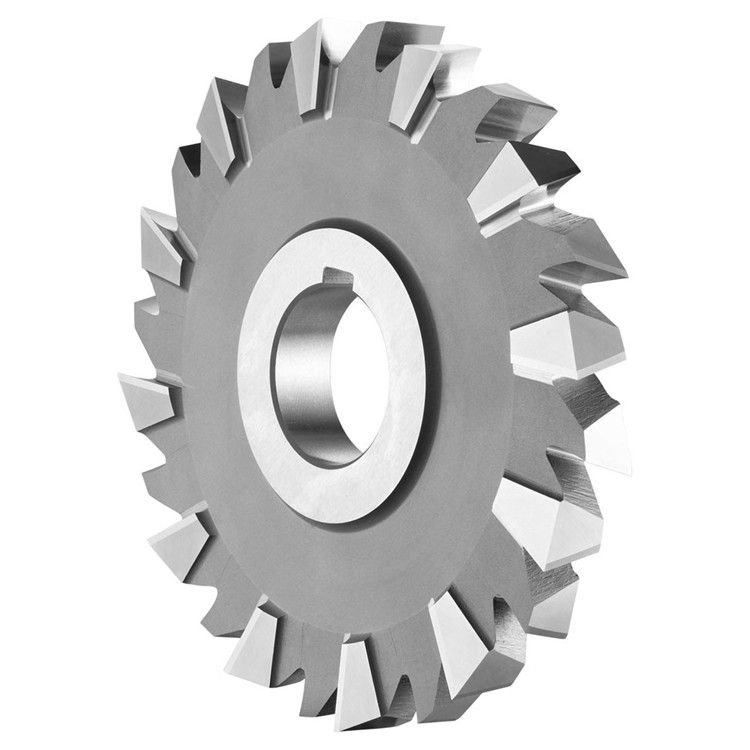 HSS Metric Side Milling Cutter With Bright Or TiN And TiAlN Coated
HSS Metric Side Milling Cutter With Bright Or TiN And TiAlN Coated -
 Precision IP54 Digital Outside Micrometer Of Inch & Metric With Data Output
Precision IP54 Digital Outside Micrometer Of Inch & Metric With Data Output -
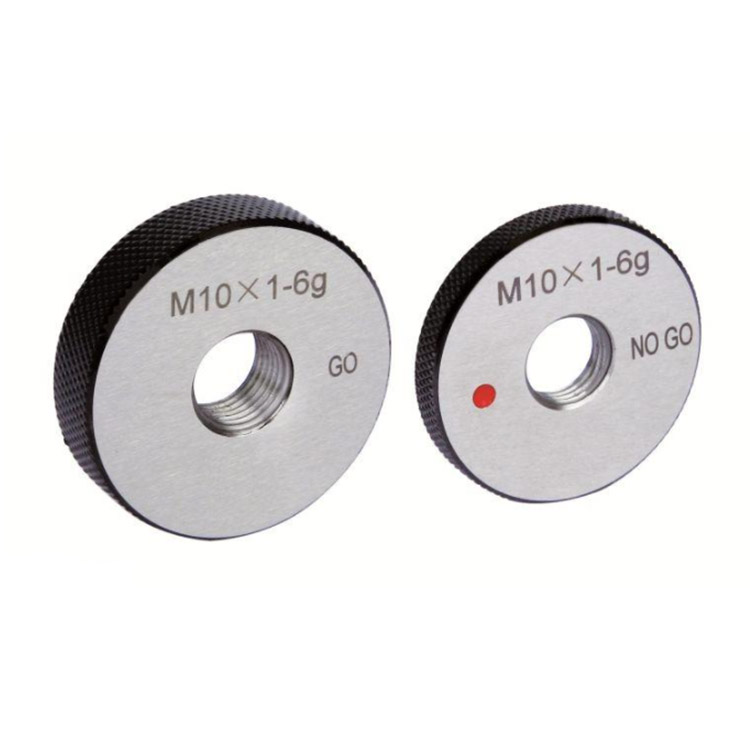 Metric Thread Ring Gauge 6g Accuracy With Go & NO Go
Metric Thread Ring Gauge 6g Accuracy With Go & NO Go -
 Deburring Tool Holder For The Deburring Tool Blades
Deburring Tool Holder For The Deburring Tool Blades -
 Adjustable Tap And Reamer Wrench For Thread Cutting Tools
Adjustable Tap And Reamer Wrench For Thread Cutting Tools -
 Indexable Spade Drill Holder With Helical Flute Holder And Taper Shank
Indexable Spade Drill Holder With Helical Flute Holder And Taper Shank -
 Partial profile 55° Threading Insert With ER & IR Type
Partial profile 55° Threading Insert With ER & IR Type -
 Precision 2pcs Angle Blocks Set With High Quality Type
Precision 2pcs Angle Blocks Set With High Quality Type -
 Precision Micrometr Holder For Micrometer
Precision Micrometr Holder For Micrometer -
 Precision Dustproof Dial Caliper Of Double Shock-Proof For Industrial
Precision Dustproof Dial Caliper Of Double Shock-Proof For Industrial -
 HSS Inch Taper Shank Twit Drills For Metal Cutting Of High Precision
HSS Inch Taper Shank Twit Drills For Metal Cutting Of High Precision -
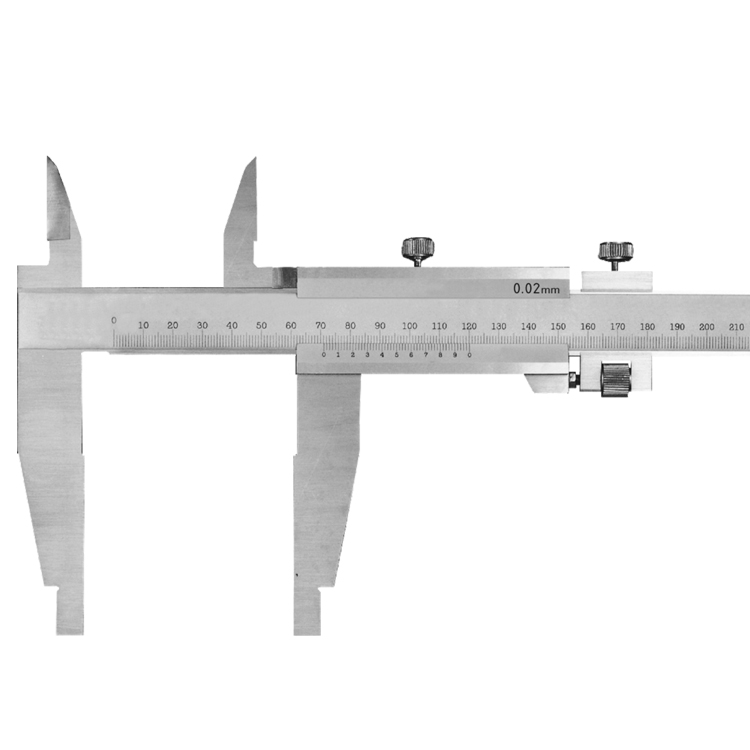 Precision Monoblock Vernier Caliper With Nib Style & Standard Style Jaws Of Metric & Imperial For Industrial
Precision Monoblock Vernier Caliper With Nib Style & Standard Style Jaws Of Metric & Imperial For Industrial
Related search
Related search- american UN full profile threading insert Manufacturers
- SCLC turning tool holder Manufacturer
- Reamers Supplier
- solid carbide cutting head
- Indexable Threading Tool Holder Factory
- metric size trapeze TR threading insert Manufacturer
- Stubby shank boring bar set Factory
- AG60 threading insert
- gre external grooving toolholders Manufacturers
- step drilling Supplier





